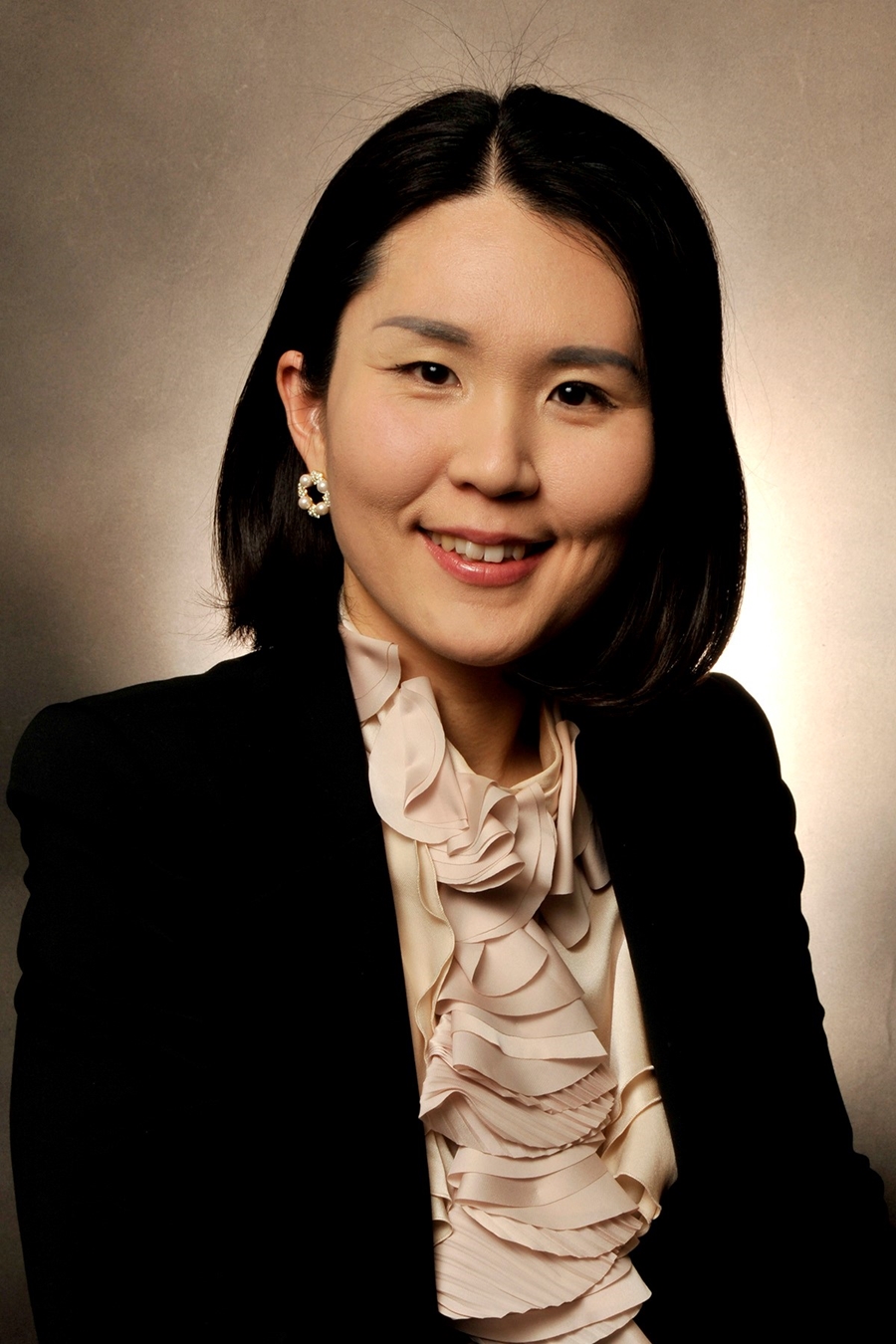
FAYETTEVILLE, Ark. – Eunjoo Cho, assistant professor in U of A's apparel merchandising and product development program, has been invited to be a featured speaker at the 2018 American Marketing Association Global Special Interest Group Conference in Santorini, Greece, in May.
Cho, a member of the Dale Bumpers College of Agricultural, Food and Life Science's School of Human Environmental Science's faculty since 2013, focuses research on global fashion branding management, and looking at roles of cognitive, sensory and emotional associations in extended customer-based brand equity theory.
She is speaking on global branding research, "Brand Equity Formation: The Cultural Differences and Moderating Role of Perceived Brand Origin."
"The Global Marketing SIG is one of the largest and most active special interest groups in the American Marketing Association," said Cho. "It is committed to shaping the future of international marketing research and education, and I'm honored to be participating in this conference and representing the University of Arkansas."
Her study, co-authored with University of North Carolina at Greensboro assistant marketing professor Jivoung Hwang, uncovers the different roles of cognitive, sensory and affective associations in creating lovemarks between Western and Eastern culture. "Lovemarks" refers to a combination of high love and respect for a brand that enhances brand loyalty.
"The results confirm that for U.S. consumers, all three associations significantly increased lovemarks and cognitive associations had the strongest positive impact," said Cho. "For Chinese consumers, affective associations had stronger effects than cognitive associations, but sensory was insignificant.
"In regards to the moderating effect of perceived brand origin, for U.S. consumers, the sensory associations had stronger impact on lovemarks for domestic brands than for imported brands," said Cho. "For Chinese consumers, cognitive and affective associations were stronger for imported brands than for domestic brands. These results suggest cultural difference interplay with the perceived brand origin."
Particular attention needs to be drawn to sensory associations from American domestic brands because the impact of sensory associations on lovemarks was stronger for the domestic brands for the U.S. consumers. For those brands entering Eastern culture, particularly China, focusing on developing cognitive and affective associations is beneficial because Chinese consumer lovemarks for imported brands are influenced more by cognitive and affective associations than sensory associations, said Cho.
About the Dale Bumpers College of Agricultural, Food and Life Sciences: Bumpers College provides life-changing opportunities to position and prepare graduates who will be leaders in the businesses associated with foods, family, the environment, agriculture, sustainability and human quality of life; and who will be first-choice candidates of employers looking for leaders, innovators, policy makers and entrepreneurs. The college is named for Dale Bumpers, former Arkansas governor and longtime U.S. senator who made the state prominent in national and international agriculture.
About the University of Arkansas: The University of Arkansas provides an internationally competitive education for undergraduate and graduate students in more than 200 academic programs. The university contributes new knowledge, economic development, basic and applied research, and creative activity while also providing service to academic and professional disciplines. The Carnegie Foundation classifies the University of Arkansas among only 2 percent of universities in America that have the highest level of research activity. U.S. News & World Report ranks the University of Arkansas among its top American public research universities. Founded in 1871, the University of Arkansas comprises 10 colleges and schools and maintains a low student-to-faculty ratio that promotes personal attention and close mentoring.
Topics
Contacts
Robby Edwards, director of communications
Dale Bumpers College of Agricultural, Food and Life Sciences
479-575-4625,